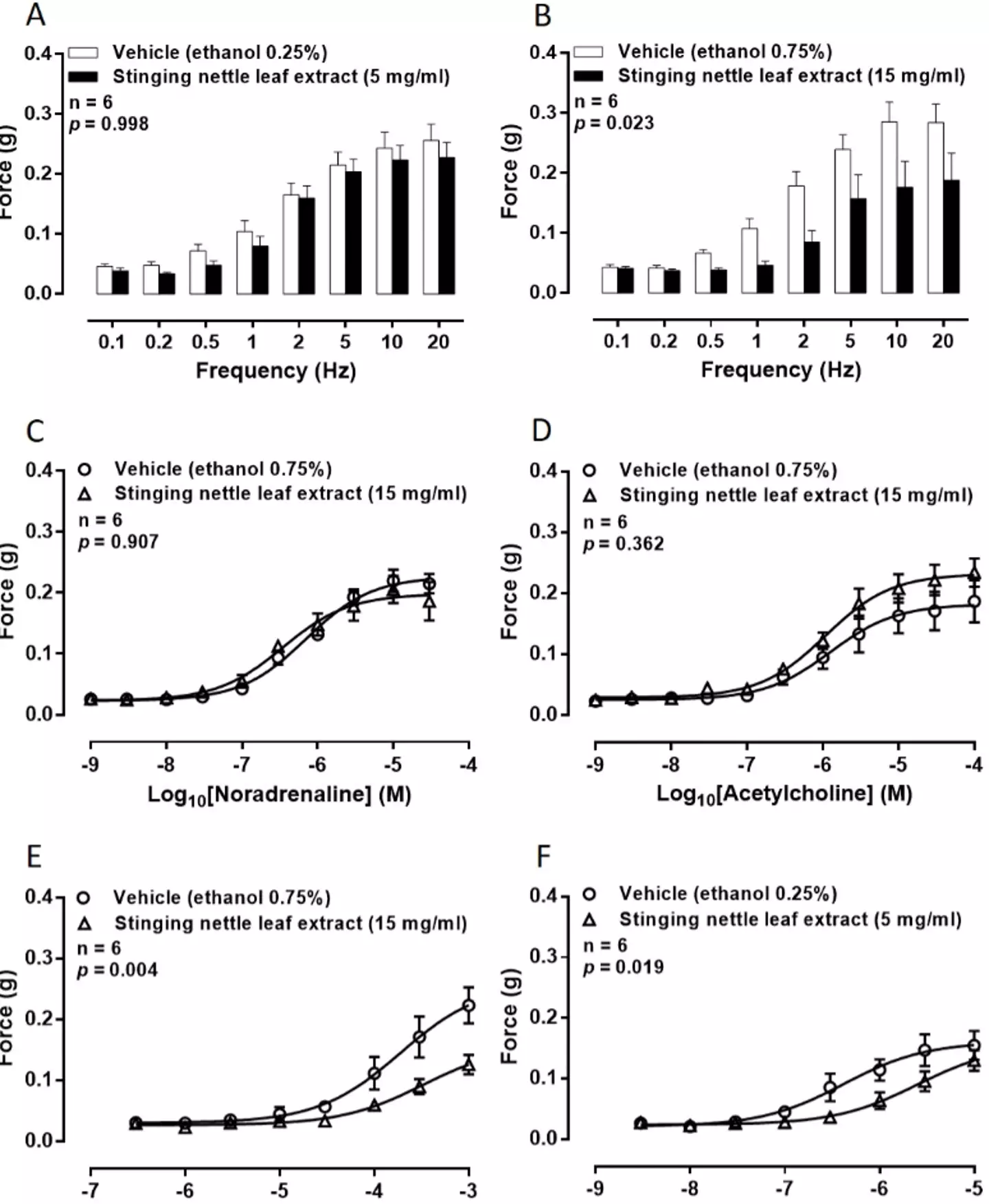.jpg)
A new study from an Australian university could have huge implications for a male contraceptive pill.
That's right, the days of women bearing the burden of contraception could soon be gone or, at the very least, it'll be a bit more balanced out.
A new study from Monash University in Parkville, Australia, discovered a natural ingredient that could hinder sperm movement and you'll never guess what it is.
We're going to take a stab in the dark and say you probably didn't have 'stinging nettle' on your bingo card for male contraceptive ingredients, though that'd be a pretty weird bingo card to have in the first place.
Advert

Still, according to researchers from Monash University, it works - well, at least it does in rats.
The study was led by Dr. Sab Ventura and published by the Plos One journal, with it finding that: "In mouse mating studies, stinging nettle leaf extract (50 mg p.o. daily) reduced male fertility by 53 percent compared to vehicle-treated male mice."
According to the study, the aim was to find a natural alternative to hormonal birth control and it seems like the pesky plant that makes your skin itch could be the solution.
However, we'd like to note that stinging nettle would be taken as part of a pill, not used externally, in case anyone gets an incredibly silly idea to try it for themselves.

While there's still a way to go before stinging nettle could become part of a male contraceptive: "Once isolated and identified, this may have potential as a drug-like lead compound that enables the synthesis of an orally active, potent small molecule compound for use in combination with tamsulosin (a medicine which typically treats enlarged prostates) for the development of a male contraceptive."
What's more, 'it has been proposed that the use of selective antagonists' like stinging nettle 'to induce male contraception would be well tolerated,' which is always nice to hear.

The leader of the study, Dr. Ventura, said the findings would have a massive impact on the contraceptive industry.
"Unfortunately there has been a widespread perception that birth control is a women’s problem rather than a men’s problem.
"However, research led by the Male Contraceptive Initiative shows that the majority of men are willing to take control over contraception – we just need to give them the opportunity to do so."
And hopefully, the study is a significant step forward in balancing out who the burden of contraception falls.
Topics: News, Health, Sex and Relationships